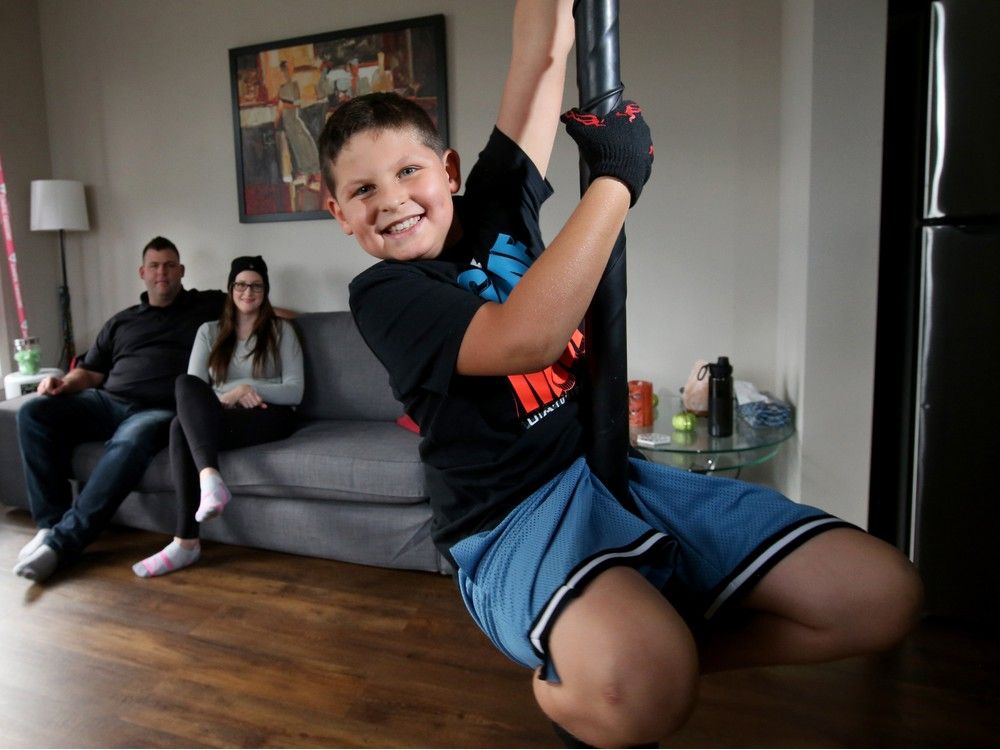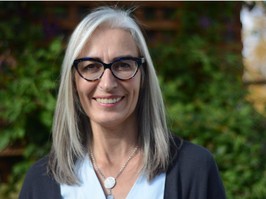diagnosed with autism: managing therapies, routines and resources
the first step to navigating autism care and services in canada is learning about asd and how it can influence learning, behaviour and needs.
the excluded: joe has been in school only four full days this year. but he's not suspended. and he's not alone.
“this is a loophole for school boards to get rid of students and not document it,” says an ottawa education consultant.
infographic: women account for majority of adhd drug claims throughout covid-19 pandemic
the report from the reformulary group shows that not only are adhd medications on the rise in all age groups, but prescriptions in female claimants have seen a three-fold increase since the few years before the covid-19 pandemic.
 10 minute read
10 minute read









